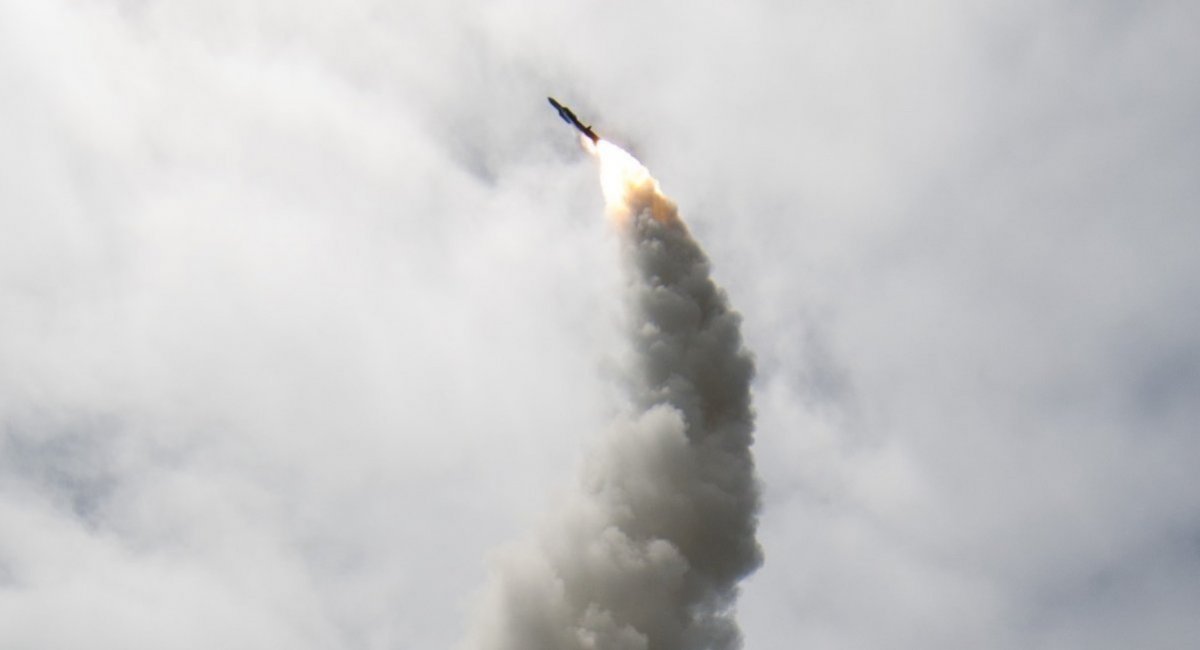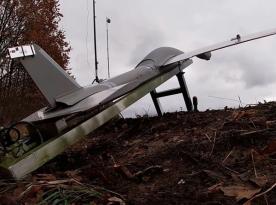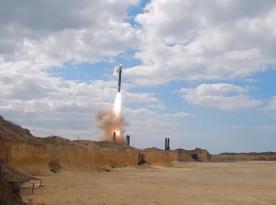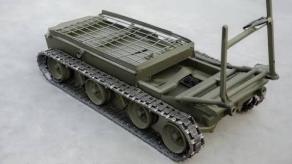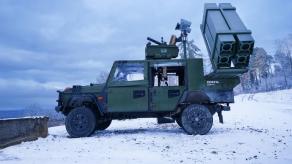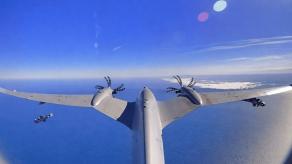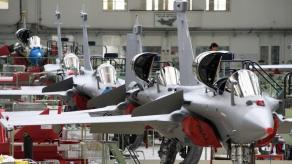Various suggestions have been made in the public domain on how Ukrainian forces should counter the reconnaissance drones used by the russian invasion army for scouting potential targets and confirming the results of long-range missile strikes on Ukrainian territory. However, these proposals often overlook a crucial fact: the Orlan-10 UAVs do not operate independently but as part of the russian army's so-called reconnaissance-and-strike contours, i.e. networks linked to the Iskander short-range ballistic missile systems (SRBM).
Therefore, it is more effective to formulate a strategy that targets all components of these networks, making it more difficult for the russians to launch missile attacks in general.
Read more: BAE Systems Shows TRIDON Mk2 As Ideal Solution Against russian Orlan-10 UAVs
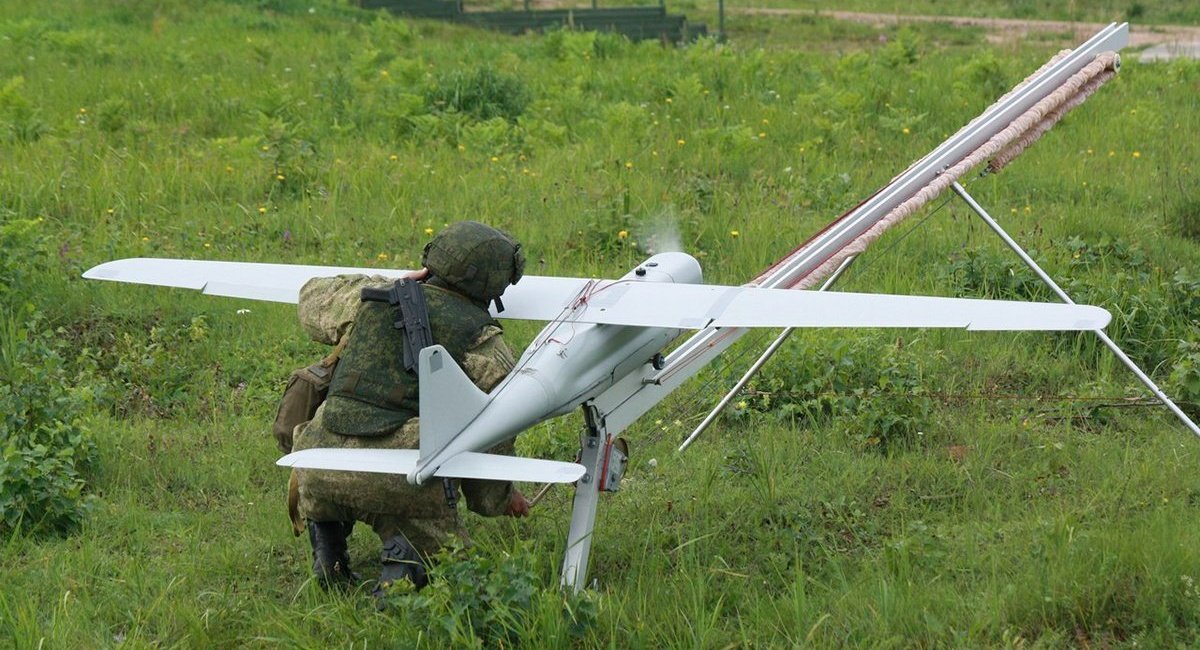
Here's the key point: even if you manage to prevent 100% of enemy drones from flying over your territory, the enemy will still have alternative methods to conduct reconnaissance, accumulate a target bank, and launch missile strikes accordingly.
A simplified scheme of a russian reconnaissance-and-strike network can be described as follows: data collection and transmission to command centers — decision to strike — missile launch. In the data collection and transfer phase, not only reconnaissance UAVs but also russian intelligence apparatus and space reconnaissance systems could be involved.
For example, just a few days ago, Ukrainian drones attacked the russian Zvezda space reconnaissance system of russia's GRU. This episode illustrates the extensive efforts the Ukrainian Defense Forces are making to disrupt the functioning of the russian reconnaissance-and-strike networks.
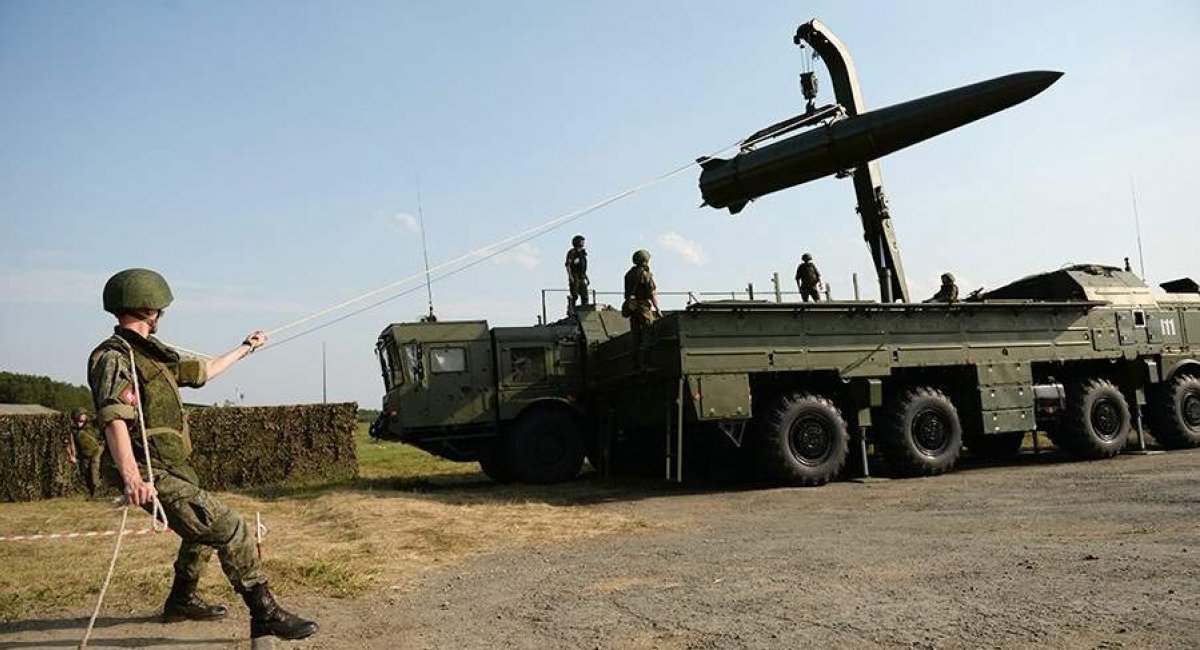
Earlier, Defense Express discussed specific methods to effectively take down Orlan-10 drones, such as acquiring and deploying TRIDON Mk2 anti-aircraft guns. However, the primary focus should be on countermeasures directly against the Iskander SRBMs, which are the core of these russian networks.
One promising countermeasure is to request the United States to provide Standard Missile-6 (SM-6) air defense missiles adapted for launch from ground-based platforms. These missiles can destroy airborne threats, including ballistic ones, at a range of up to 370 kilometers.
Thus, the SM-6 air defense missile has a much wider range than the Patriot system currently available to Ukraine, so it's a two-in-one solution that would be equally effective against ballistic missile threats and the tactical aviation that russian forces deploy for standoff bomb strikes.
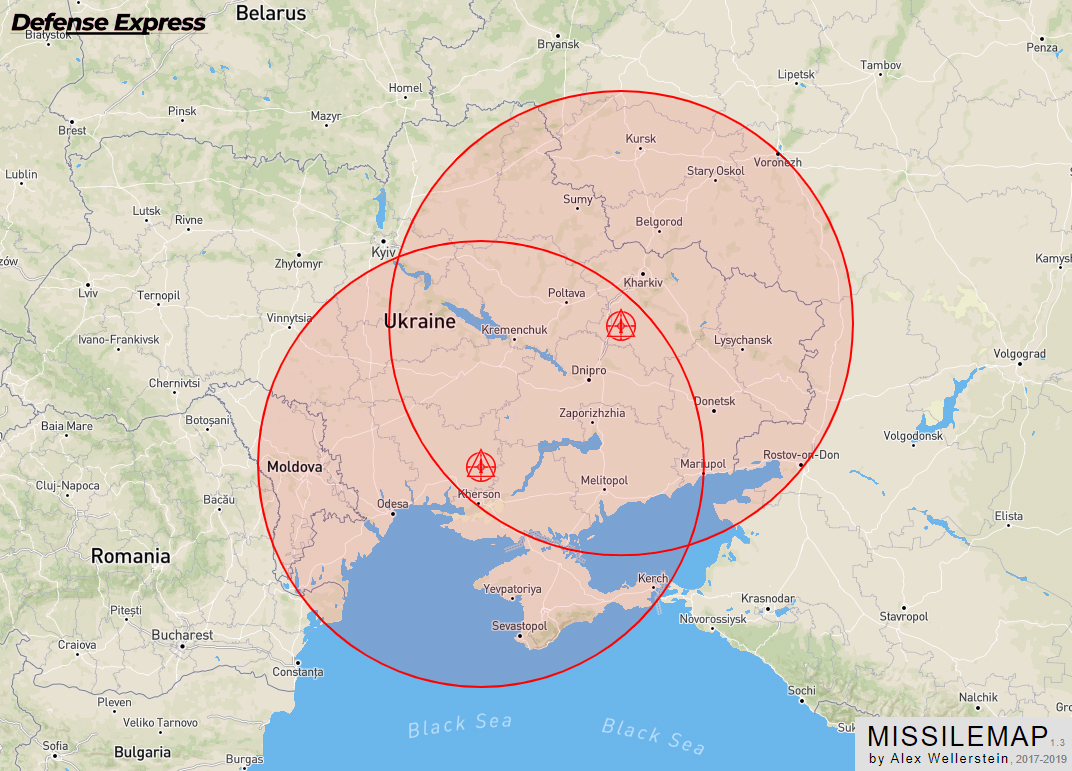
On Ukraine's part, submitting a public request to the USA for SM-6 missiles with a specific goal to counter russian reconnaissance-and-strike contours should be done at least for the reason of drawing attention to the issue.
In the past, seemingly unrealistic requests for HIMARS and Patriot systems in 2022 resulted in their eventual delivery to Ukrainian forces. A well-reasoned explanation of why Ukraine needs SM-6 now could expedite the decision-making process in the long run.
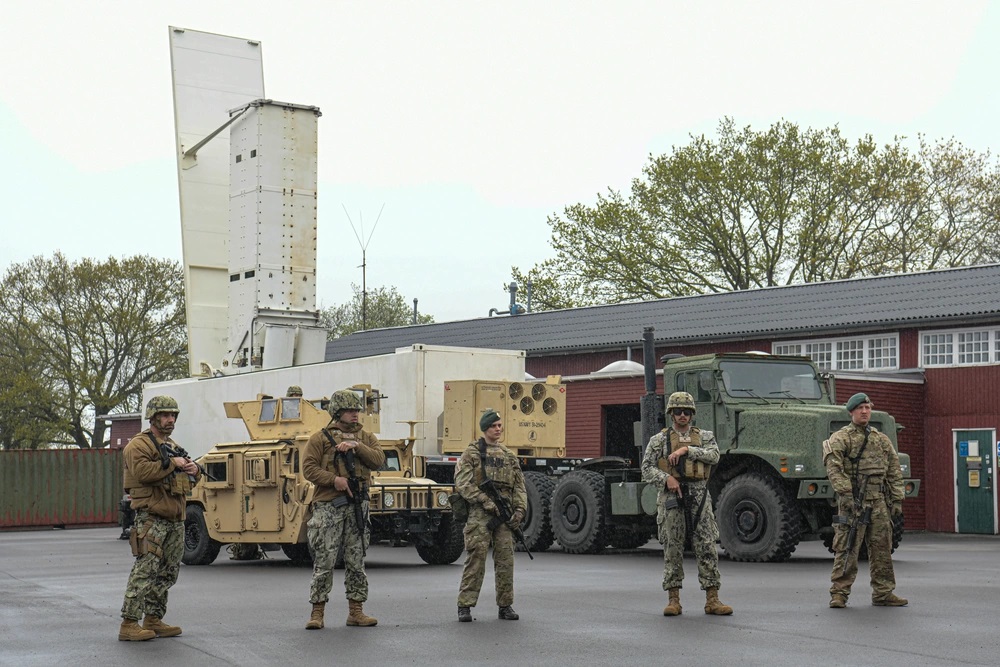
Read more: russia Claims Zircon Hypersonic Missile on Project 20385 Corvette: What Does This Mean?



